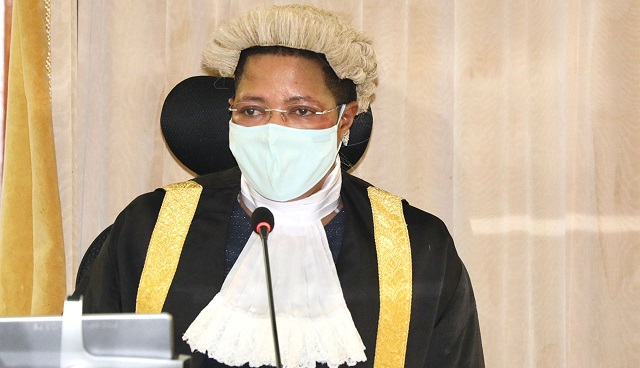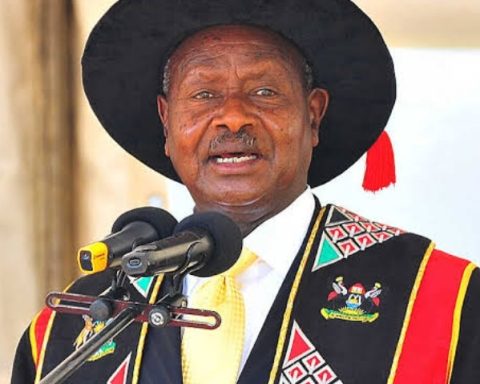The Parliament of Uganda has approved the National Local Content Bill, 2022. The private member’s bill by Kassanda North MP, Patrick Nsamba Oshabe was passed last week.
The bill was first tabled before parliament in January 2019 during the 10th parliament, processed, and eventually passed. Its objective was to impose local content obligations on persons or entities using public money or utilizing Uganda’s natural resources or carrying out activities requiring a licensee; to prioritize Ugandan citizens, Ugandan and resident companies in public procurement.
Nsamba then said that the bill is aimed at increasing the consumption of local products and increasing the participation of local firms in domestic trade. He added that the lack of protection of local manufacturers and the non-imposition of obligations on foreign investors to use Ugandan labour and the non-implementation of the Buy Uganda Build Uganda policy, exposed Ugandan manufacturers to unfair competition.
However, President Yoweri Museveni declined to assent to it and returned it to parliament on August 18, 2020, citing provisions that would put Uganda on a parallel course with the international community.
Museveni among others cited section 4 of the bill that tasked a local content entity to give preference to goods that are manufactured in Uganda as well as services that are provided by Ugandan entities.
“The bill is in conflict with the East African Monetary Union. Under Article 13 of the Customs Union Protocol, the EAC partner states agreed to remove all existing non-tariff barriers to trade and not to impose any new ones,” said Museveni in his letter to the speaker.
The president also expressed reservations about enacting a Local Content department under the ministry for Finance, in a bid to implement the law.
“It is not feasible for one department to approve local content plans from bidders, for each individual procurement for the whole country,” the president further stated in his letter.
The bill was re-tabled in the 11th parliament and considered again by the parliamentary finance committee. In a report presented to parliament, Keffa Kiwanuka, the finance committee chairperson recommended to MPs that the oil, gas, and petroleum sector should be excluded from the implementation of the law since it is unique.
He said that this particular sector is characterized by long years of capital expenditure without realizing a profit, cost monitoring activities, and budget activities which require a stable legal regime to ensure consistency, predictability, and stability.
Kiwanuka also told parliament that the government had already incorporated provisions of local content in the different laws concerning the oil, gas, and petroleum sector. Parliament adopted the committee recommendation after the minister of state for Finance, Henry Musasizi, and speaker Anita Among emphasized that the law should not contradict the already existing laws.
Parliament also agreed to designate the functions of the department responsible for local content as the department for procurement policy and management under the ministry of Finance.
The role of developing and applying local content plans is to be left to the various procurement and disposal units under ministries, departments, and agencies to ensure that efficiency in the procurement process is not undermined. MPs also agreed that government integrates the development of cooperatives in its local content promotion strategy and the Buy Uganda Build Uganda (BUBU) policy.
Nsamba said that the law will go a long way in ensuring Ugandan products are consumed and the involvement of local firms. Nsamba says that the country loses a lot of money that is repatriated by foreign investors and companies which are dominating the development contracts.
![]()




























